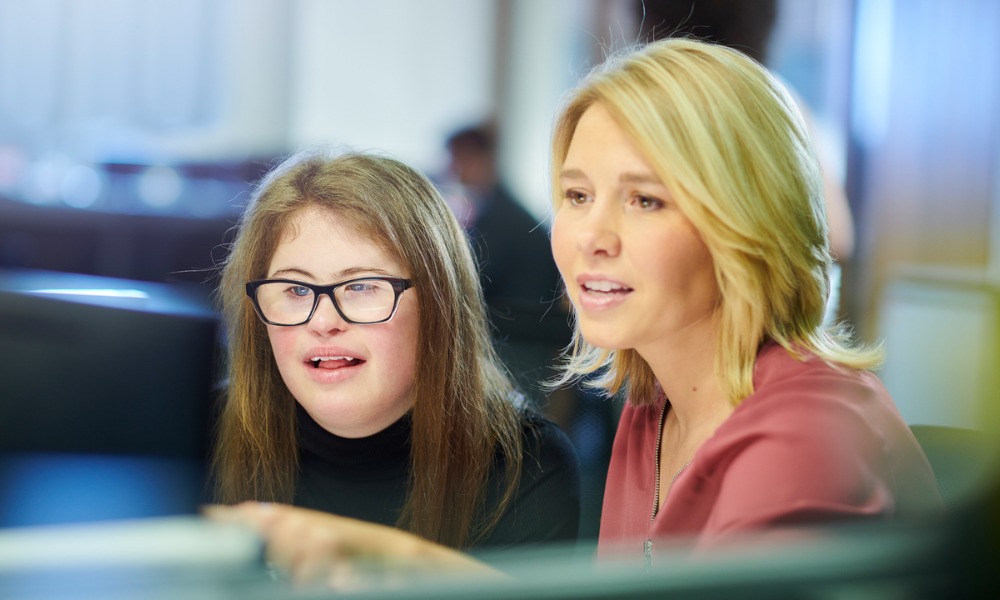
Employment preparedness training, job coaching, among others, available to 18- to 25-year-olds

Manitoba has launched a new project to help people with learning disabilities find meaningful employment.
The Improving Quality of Life Employment Pilot Project will provide young adults aged 18 to 25 with employment services including transition planning, finding employment prospects, job skills and employment preparedness training, and job coaching.
“For many young people, a job is more than a paycheque: it’s a way to develop independence, build new relationships and grow self-confidence,” said Nahanni Fontaine, minister of families. “This program will help young Manitobans with intellectual disabilities find and thrive in employment opportunities that work for them, while also helping Manitoba’s workplaces become more inclusive.”
Recently, the federal government launched Inclusive Workplaces, a campaign that highlights how persons with disabilities can bring a broader range of experiences and skills in the workplace.
Manitoba developed the new project in consultation with Community Living disABILITY Services (CLDS), employment service providers and Abilities Manitoba.
CLDS is delivering the program in partnership with nine service provider agencies located in Winnipeg, Brandon, Selkirk, Steinbach and Beausejour.
The program is available to Manitobans with intellectual disabilities who are not yet eligible for CLDS day services and are not currently accessing employment services. Eligible Manitobans can apply by completing an online employment discovery tool here.
Similar programs will also be available to adults aged 21 to 25 beginning this spring, and to 18- to 20-year-olds starting this summer, said Fontaine.
More information on the Improving Quality of Life Employment Pilot Project is also available here.
Previously, Ontario invested $6.5 million to support five innovative projects to help more than 3,770 people with disabilities find jobs with businesses in their communities.
Understanding the challenges faced by persons with varying disabilities is key to supporting these workers, according to RALIANCE, which provides expertise in serving survivors of sexual harassment, misconduct and abuse.
“Disabilities cover a wide range of mental and physical experiences, with each disability requiring varying levels of necessary support depending on the person living with the disability. This is why it is so important for employers to surround themselves with disability-specific resources,” it said via LinkedIn.
“There are a multitude of other resources that pay special focus to the realities of career-building and advancement while living with certain disabilities such as blindness, autism, epilepsy, burn victims, and more. Taking the time to familiarize oneself with how discrimination can manifest itself differently depending on the disability can allow employers to become better equipped to interview, hire, and retain a wider array of people,” RALIANCE said.
Here’s how employers can best support workers with learning disabilities, according to Business.com researcher Jennifer Dublino:
Here’s how to help neurodiverse employees rise to the top, according to one expert.